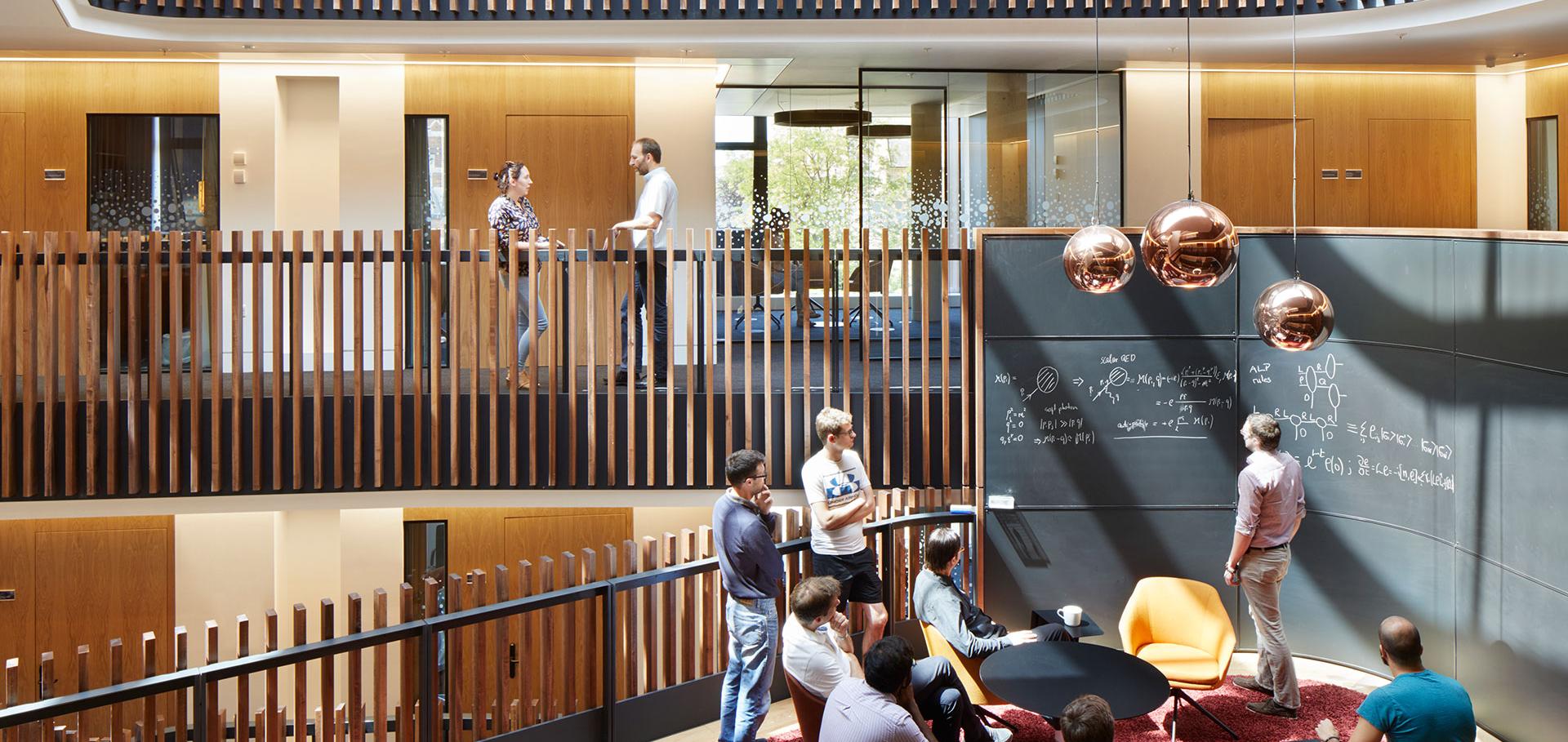From 2019 to 2025, I was supported by the ERC Starting Grant hipQCD. This project aimed to advance our understanding of the fundamental particles and interactions that make up our universe through the study of high-energy collisions. High-energy colliders enable us to probe these fundamental aspects of nature, but to extract information from experimental data, we require highly sophisticated theoretical calculations that can reliably model the complex environment of such collisions. hipQCD developed innovative techniques to enable high-precision studies at the Large Hadron Collider (LHC) and applied them to in-depth phenomenological investigations, with particular emphasis on processes related to the Higgs boson.
On the theoretical side, the project focused on computing higher-order perturbative corrections within the Standard Model, starting from first principles. The group addressed all aspects of these challenging computations — from devising new subtraction frameworks to properly organise the relevant degrees of freedom and obtain physically meaningful results, to computing complex scattering amplitudes, the theoretical quantities that encode the quantum information on particle scattering probabilities. The goal was to develop robust and efficient theoretical predictions for key collider processes, enabling a wide range of phenomenological studies in different kinematical regimes and maximally profiting from LHC data.
On the phenomenological side, we applied these results to stress-test the structure of the Standard Model at very high accuracy. Particular emphasis was placed on the electroweak sector and the Higgs boson, whose properties remain insufficiently known to a satisfactory level of precision.
Through hipQCD, we helped answer key questions such as “What is the structure of Higgs interactions?” and, more broadly, “Do fundamental particles and interactions behave as predicted by the Standard Model, or do we see hints of new physics?” The techniques and results developed in the project contributed significantly to improving the precision and scope of theoretical predictions used in LHC analyses.
ERC funding through hipQCD made it possible to support both DPhil students — Dr Piotr Bargiela (now a postdoctoral researcher in Edinburgh) and Dr Federica Devoto (now a postdoctoral researcher at SLAC) — as well as several postdoctoral researchers: Dr Federico Buccioni (now a CERN Fellow), Dr Herschel Chawdhry (now a postdoc at Florida State University), Dr Xiao Liu (now at CERN), and Dr Silvia Zanoli (still in Oxford in the group of Prof. Gavin Salam).

